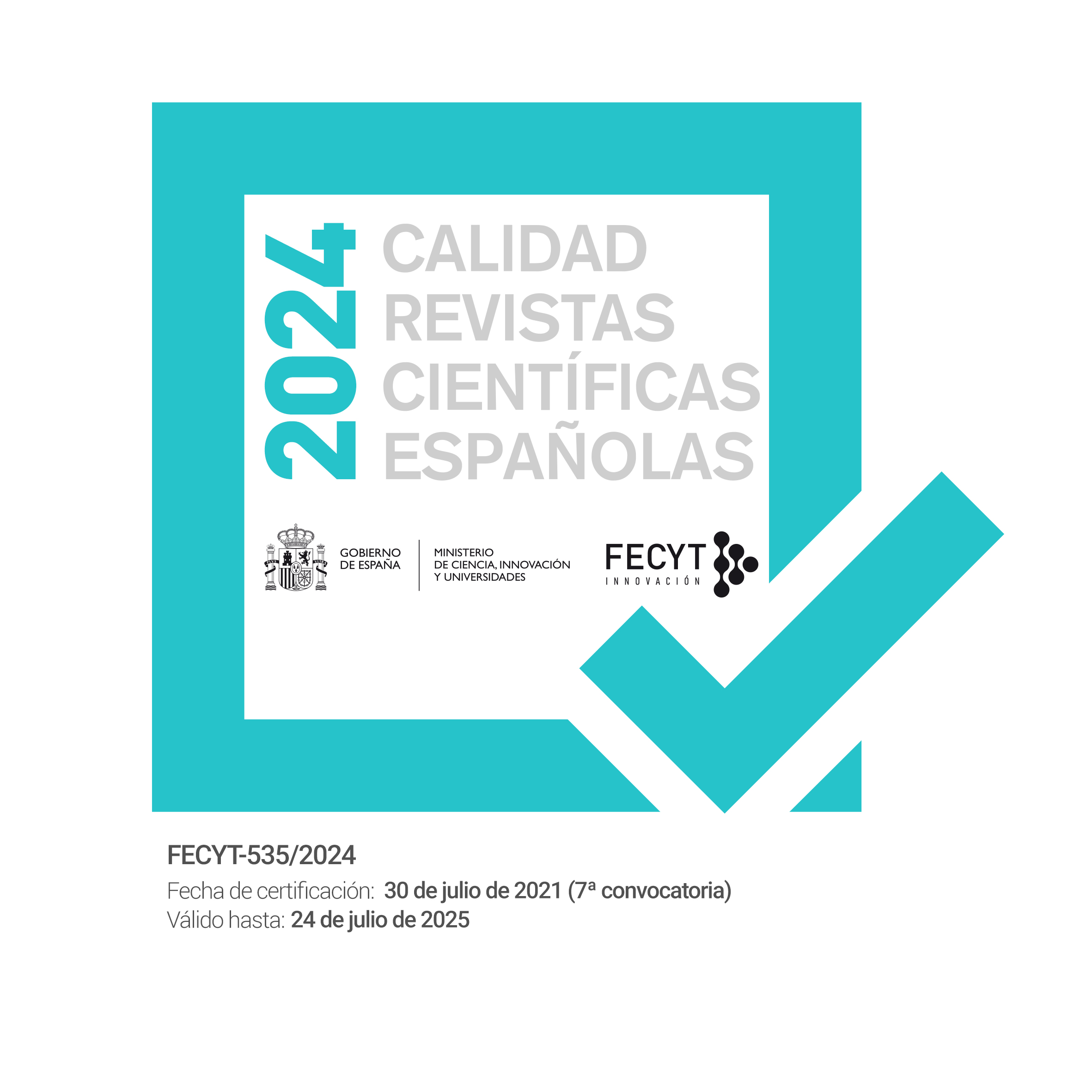SUCCESS IN THE CALL FOR PAPERS 2023 - SPECIAL ISSUE
The reception of papers for this call has been closed. Only those articles which have successfully passed the double-blind peer review process will be published.
IBEROAMERICAN JOURNAL OF DEVELOPMENT STUDIES
CALL FOR PAPERS, Special Issue, Vol.14, num.1 (May 2025):
"CONTRIBUTIONS OF THE SOCIAL AND SOLIDARITY ECONOMY TO ECO-SOCIAL TRANSITIONS"
Editors
Unai Villalba-Eguiluz, unai.villalba@ehu.eus
Asier Arcos-Alonso, asier.arcos@ehu.eus
Applied Economics Department, University of the Basque Country, UPV/EHU
HEGOA, Institute of Development Studies and International Cooperation
Topic
The Social and Solidarity Economy (SSE) has received increasing attention around the world in recent decades. Especially in Latin America and Europe there has been a notable process of institutionalization of new SSE policies, while various social actors have articulated from their daily practices under this same approach. Thus, the SSE is becoming more relevant both for public policies and for social agents. This growing role of the SSE comes from its potential to face several current global challenges, such as inequality and social exclusion, the generation of decent work, gender equity, or the ecological crisis.
At the same time, calls to avoid trespassing planetary boundaries, actions against climate change, the search for ecological sustainability, and the need to promote just and equitable eco-social transitions, have become one of the central current challenges for humanity. A central task to which traditional development discourses fail to respond (neither do the SDG), which is why the need of transitions towards other models and alternatives to development becomes evident.
Both issues (SSE and sustainability transitions) have received increasing attention from the academic literature separately, but there are still not enough works that unite both perspectives to look for synergies and possible points of confluence (or conflict). This monograph intends to contribute in this direction. We expect to receive original articles from a critical perspective with empirically and theoretically well-grounded case studies.
Sub-topics (non-exhaustive list)
-
How is the SSE related to eco-social transitions? Theoretical and/or methodological links and alignments.
-
Areas or specific sectors of action. How does the SSE contribute to specific sectors related to eco-social transitions? Food sovereignty and agroecology; energy sovereignty and renewables; circular economy, post-extractivism, etc.
-
SSE territorial networks, articulations and ecosystems. What are the advantages and challenges of articulating SSE actors? How can this articulation contribute to the promotion of eco-social transitions?
-
Alternative markets and solidarity economic circuits. How to articulate production, commercialization, consumption and finance under other values? How to connect local markets? How to promote linkages at the service of ecosocial transitions?
-
Equity and social integration. To what extent can SSE drive gender equity and intersectional equity (race, class, age, sexual orientation, etc.)? How do these goals align with those of ecological sustainability?
-
Public policies for SSE and transitions. What kind of public policies are necessary in this direction? Which ones are already working at a local scale? What kind of partnerships are needed between public and private agents?
-
Territorial dimension of the SSE and its social embeddedness. Keys to autonomy, sovereignty and self-management for ecosocial transitions.
-
Links (synergies, complementarities or contradictions) of the SSE with other transformative economies: feminist economy, ecological economics, popular economy, commons, etc.
-
Scalability of the SSE and transition proposals: emerging tensions in the process.
-
Decolonial, post-developmental, and cultural recovery perspectives in transition processes.
-
Social Innovation, SSE and Transitions. What experiences of social innovation and reorganization of social processes drive the initiatives of SSE and Ecosocial Transition?
-
Ecosocial Education and SSE. How to transmit SSE values and principles from the perspective of ecosocial transitions with justice and equity?
Schedule
-
Deadline for submission of articles: June 1st, 2024
-
Publication: May 2025
Submission Procedure and Author’s guidelines
Contributions in English and Spanish are accepted. Only those articles which have successfully passed the double-blind peer review process will be published. The articles must meet the following Author’s guidelines.







